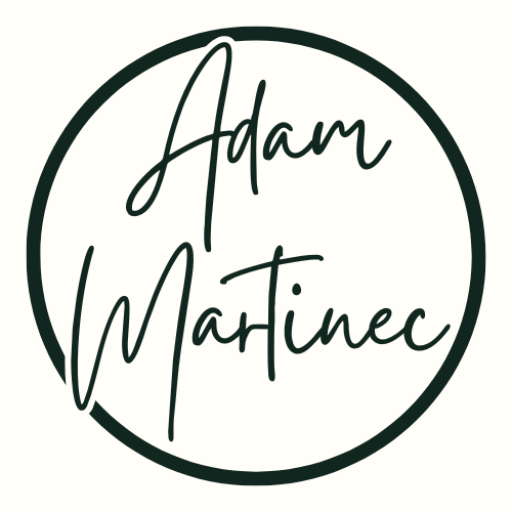Project no.2: Learning languages
I focus on learning languages in a practical and communication-oriented way, using real-world vocabulary, frequently used sentence patterns, and everyday situations to build fluency that feels natural and usable. I believe that learning a language should be about connecting with people and navigating daily life, not just memorizing grammar rules or passing exams.
My approach is simple but consistent: I create my own study materials, talk to myself in the target language, and try to use the language actively from the very beginning, even if I make mistakes. I also break down complex topics into small, repeatable chunks.
Currently, I’m working on improving three languages:
- English, where my goal is to polish my skills to a confident C1 level, especially in writing and professional communication.
- German, which I want to take to B2, focusing on everyday conversation and technical vocabulary in fields like construction and technology.
- Finnish, which I study with the aim to reach B1, so I can live, work, and help others adapt to life in Finland more easily.
Each of these languages has a purpose in my life, and this project is where I document my journey.
English
English was my first foreign language, and I’ve been learning it since early childhood. Despite studying it for many years, I only knew it passively for a long time. I could understand texts and movies, but speaking was a real struggle. The main reason was simple: I had no one to practice speaking with. I lacked confidence, fluency, and real-life experience using the language in conversation.
The biggest progress I made was when I started using Italki regularly. It’s a platform where you can find language partners, community tutors, and professional teachers from all over the world. On Italki, I found several tutors and had one or two video calls per week where we talked about everyday topics. These weren’t typical textbook lessons – they were relaxed conversations that helped me get used to speaking English without translating in my head. And most importantly, without being afraid of making mistakes. You can choose a tutor based on price, accent, specialization, or your learning goals – whether you want casual conversation or want to focus on something specific like business English, pronunciation, writing, or job interview preparation. Each tutor has a short demo video and student reviews, so it’s easy to find someone who matches your style and personality.
English is still very important to me. I want to improve my writing, especially in professional contexts, and reach a confident C1 level, where I feel comfortable using the language in any situation.
German
German was my second foreign language, which I started learning in primary school. However, since I didn’t have German classes in secondary school, I forgot almost everything over time. I returned to it later during university, when I made several attempts to study it on my own. But I struggled to stay consistent, mostly because I lacked motivation and didn’t have a clear reason why I was learning it.
The last time I came back to German was for work-related reasons. In my current job, we cooperate with German companies, and part of the communication takes place in German. That finally gave me a practical reason to restart and stick with it.
This time, I approach German with clearer goals and a more practical mindset. I focus on building a strong foundation in everyday communication and gradually expanding into work-related vocabulary, especially in construction and technology. My goal is to reach B2 level, where I can confidently understand written instructions, take part in basic professional conversations, and feel more independent when using the language at work or abroad.
Finnish
I started learning Finnish in August 2023, when I decided I wanted to move to Finland. It felt like a big and exciting challenge – a completely different language, new environment, and a fresh start. In the end, things didn’t go as planned, and I didn’t move to Finland. But I kept the basics of the language I had already learned. If you’re curious about why I didn’t move, feel free to read the full story in my blog post.
Since I didn’t end up relocating, I currently don’t have a strong reason to study Finnish intensively. Still, I’d like to keep the knowledge I’ve built so far. I reached an A1–A2 level, and I don’t want to lose it. Even without immediate use, I plan to maintain my Finnish through light self-study and occasional practice. My long-term goal is still to reach B1 level, so I can understand everyday conversations, follow written information, and possibly use Finnish in the future if the opportunity to live or work there comes up again.
